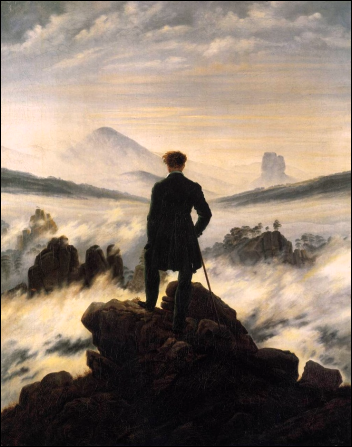Occultism & Secret Societies
Occultism is a term derived from the Latin word "occultus" meaning hidden or secret, referring to the study of knowledge usually reserved or unrevealed. It encompasses a wide variety of spiritual beliefs and practices including the pursuit of esoteric knowledge, mysticism, and magic. Often associated with this field are ancient symbology, alchemical traditions, astrology, tarot reading, and necromancy. Areas often shrouded with misconceptions or viewed with apprehension. Occultism thus often walks a fine line between religion, philosophy, and science.

The enigmatic world of secret knowledge has long been interconnected with the existence of secret societies, both in ancient and modern times. Exclusive organizations whose members are united by shared objectives, rituals, and oftentimes a commitment to preserving certain esoteric teachings.
Traditionally such societies have been associated with political intrigue and conspiracies, including crimes. At their core however many such organizations are primarily spiritual and philosophical in nature, having strong ties with occult practices combined with a distinct ideology or worldview.
From the ancient Mystery Schools of Greece to the medieval Templars, and more recently, the Freemasons and Illuminati, secret societies have been key custodians of occult knowledge. Their rituals, symbols, and teachings often drawing heavily from occult science, embedding coded messages and esoteric principles within their practices and initiation rites.
All that being
said, it would be foolish not to acknowledge an element of danger associated
with getting involved with occult groups and secret societies. For whereas some
might well be beneficial and uplift those who join them, others may be a trap
that lead to the destruction of its members. Spiritual discernment is
everything upon contact with such groups.
Encountering the Occult
In the first series of articles that deal with such matters, I begin by examining the key elements of what might be considered 'classical occultism,' comparing and contrasting the two different paths towards gaining occult knowledge: The path of light, and the path of Darkness. Following this, a variety of other associated topics are considered, with a special focus upon the personal testimony of those who have encountered various secret societies, including the outcome.
Occultism – A Classical PerspectiveAn introduction to occultism and the journey to acquire secret knowledge. A consideration of what is permissible in one's journey, including the inherent dangers that lie upon the way.
Elite Occultists – A Warning
The personal testimony of Roger Morneau concerning an offer to join a secret occult group in Canada in 1946, whose members actively worshipped Demon spirits.
Religious Cults & Propaganda
The testimony and thoughts of KGB propagandist Yuri Bezmenov on various spiritual-religious groups and their affect upon society at large. Especially as a means of destabilisation.
Incubus Demon - Supernatural Attacks
An evaluation of incubus demon attacks. What occurs during such attacks and how they are engineered, including how they might be thwarted.